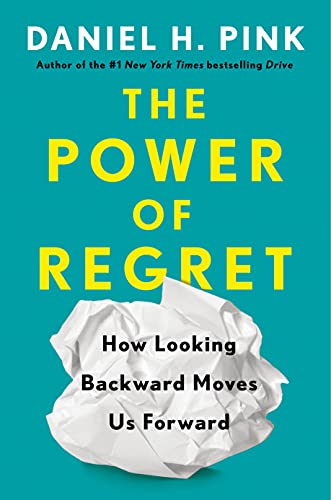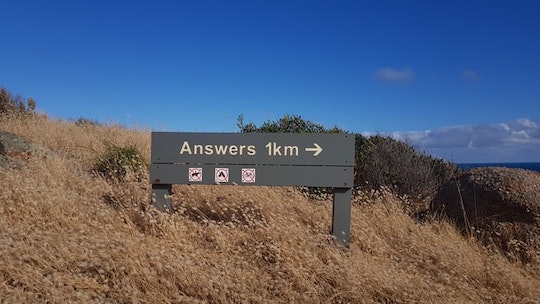“Thrones, no matter how pretty, have only room for one.”
—Mark Nepo, author of The Book of Awakening
By the time this post reaches your inbox or social media feed, I have review it numerous times. My own reflection on this process points to the high percentage of these efforts directed towards one’s progress in our personal and professional communities.
Although I am all for the achievement of individual success somehow, I experience even more satisfaction and fulfillment when I’ve been a part of a group or team effort.
Consider sports as a good example. On the list below, notice the fan base of popularity of team sports.
There don’t seem to be many stadiums built for individual sporting events. We all like to be part of a winning endeavor, even if we never get on the field.
| SPORT | # of Fans | SPORT | # of Fans |
|---|---|---|---|
| Soccer/Football | 4 billion | Cricket | 2.5 billion |
| Hockey | 2 billion | Volleyball | 900 million |
| Basketball | 825 million | Baseball | 500 million |
EXERCISE:
Where are you engaged in an individual endeavor versus some form of group achievement?
Where is the “TEAM” concept of Together Everyone Achieves More truer for you?














